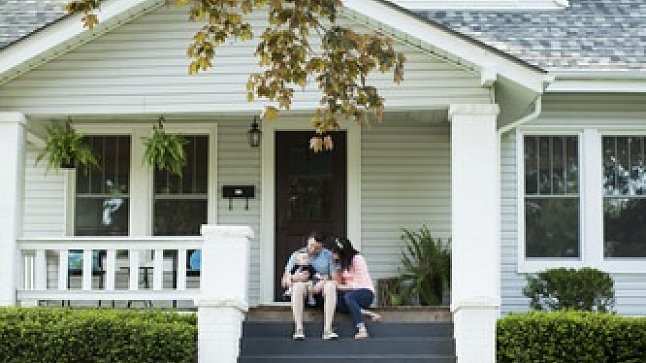What Every Church Needs to Know About Housing Allowances

Part of any comprehensive compensation package for ministerial staff at any church should be a housing or parsonage allowance. Section 107 of the tax code allows churches to designate a portion of a minister’s salary as a housing allowance. Housing allowances are not reported as taxable income on a minister’s W-2 insofar as they are used by a minister to provide a home for himself and his family. A minister is still required to pay self-employment (SECA) taxes on the full value of his housing allowance; however he will not have to pay income tax as long as it falls within the acceptable limits approved by the IRS.
Churches are allowed to provide a housing allowance for a minister whether he lives in his own home / apartment or in a church-provided parsonage. Many church members are confused about how housing allowances work. If you are among them, consider the following points:
• Both the minister and the church share some responsibility in housing allowances. The minister’s responsibility is threefold. First, he needs to provide an estimate of his annual housing expenses to the church finance team during the annual budget planning process. This will ensure that the church designates an adequate amount. Next, he needs to spend the money given to him as housing allowance on appropriate expenses (discussed below) during the course of the year. Last, he must report a number on his income tax return as an exclusion from income. The exclusion limits will be discussed further below.
The church’s responsibility is also threefold. First, the church must designate an amount of the minister’s salary as a housing allowance. This must be done in advance of paying it to him, and it must be done in writing. Next, the housing allowance must be paid to the minister during the course of the year. Last, the church will report to the minister the amount they paid to him as a housing allowance. This may be done in one of two ways. The church may write a letter to the minister at the end of the year stating the total amount of his housing allowance, or they may put the total in box 14 of the minister’s W-2. While these may seem trivial, the IRS is very clear that if a church fails to designate a housing allowance, a minister may not claim a housing allowance.
• Ministers should be able to substantiate their housing expenses. If a minister undergoes an audit by the IRS, he must be able to prove that he spent housing allowance money on legitimate housing expenses. Some examples of legitimate housing expenses include: down payment on a home, rent or mortgage payments, utilities (electric, gas, water, sewer, trash pickup, local telephone charges, internet service, cable television), furniture, appliances, repairs and improvements, wall décor, drapes, cleaning supplies, lawn care, and even light bulbs.
• The IRS has set limits for housing allowances that must be observed by ministers. While a church may legitimately designate up to 100% of a minister’s salary as a housing allowance, there is a possibility that not all the money designated by the church may be excluded from a minister’s taxable income. The following limits must be observed:
- If the minister owns or rents his own home, the maximum exclusion is the least of the following three numbers: 1. The amount designated by the church as a housing allowance. 2. The amount the minister actually spends on legitimate housing expenses. 3. The fair rental value of the minister’s furnished home plus utilities.
- If the minister lives in a church owned parsonage, the maximum exclusion is the least of the following two numbers: 1. The amount designated by the church as a housing allowance. 2. The amount the minister actually spends on legitimate housing expenses. (Note: Although a minister does not have to pay income taxes on the rental value of a church provided parsonage, he is still required to pay self-employment taxes on the fair rental value of the parsonage as well as on any utilities for which the church pays.)
- If a minister spends less than the amount designated by the church, he must show the difference as taxable income on his income tax return. Likewise, if the fair rental value of his home is less than the amount designated by the church, the difference is considered taxable income by the IRS.
• Housing allowances may be changed during the year. If a minister realizes that he is on a pace to outspend the amount of housing allowance designated by his church, he may ask the finance team to make a recommendation to amend the church’s budget to show less salary and more housing for the remainder of the year. Note that this must be done prospectively (in advance) and not retroactively (after the fact), and it must be done in writing.
Churches who take the time and effort to designate a housing allowance for their ministry staff help the ministers avoid paying unnecessary taxes. It is a way to help maximize a minister’s take home pay while also helping to minimize his tax liability. And who among us wants to pay unnecessary taxes?